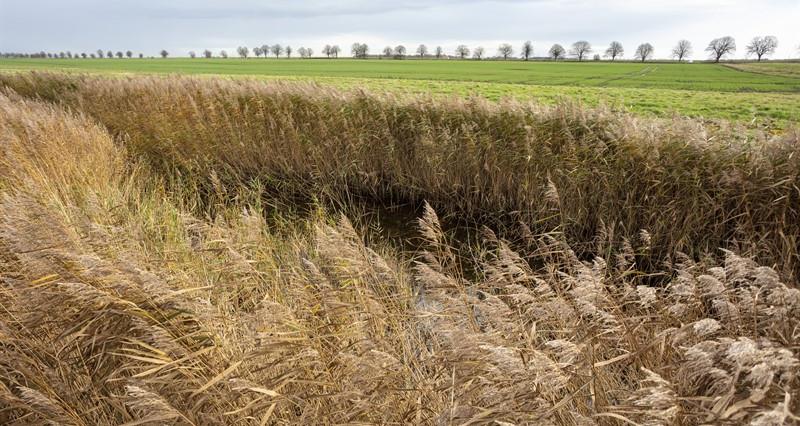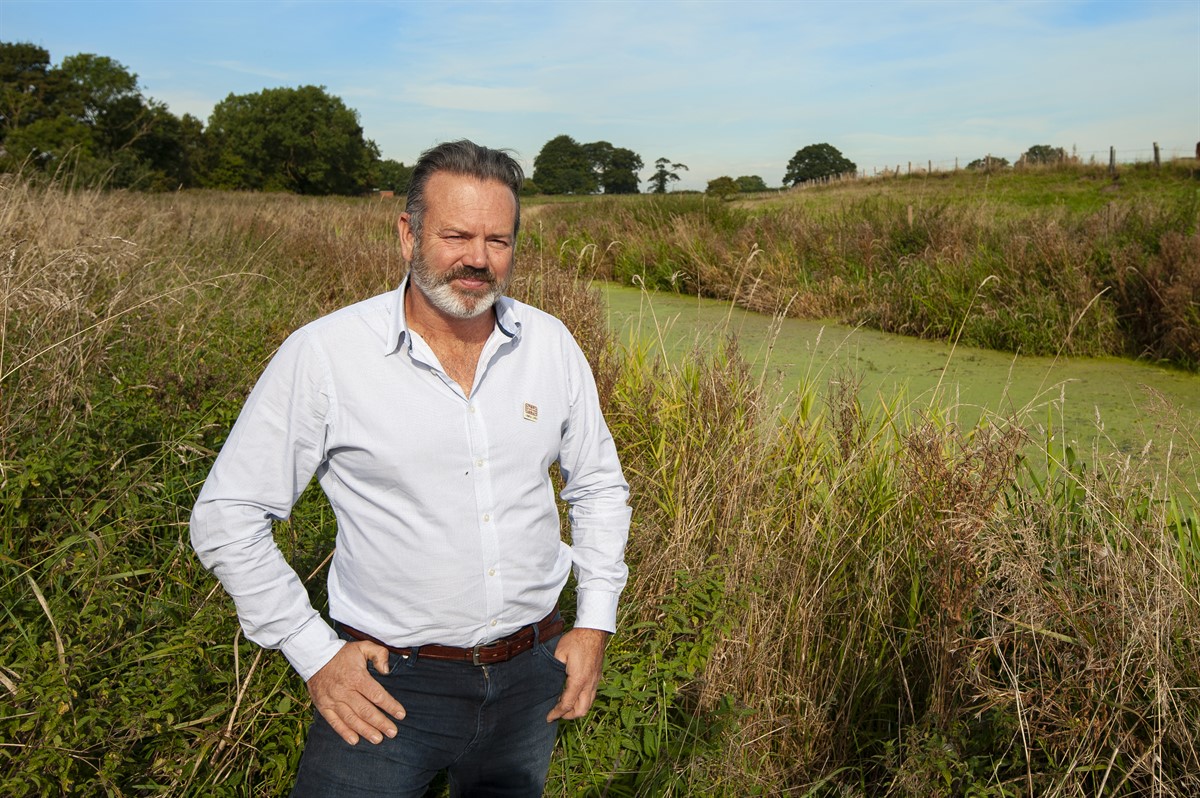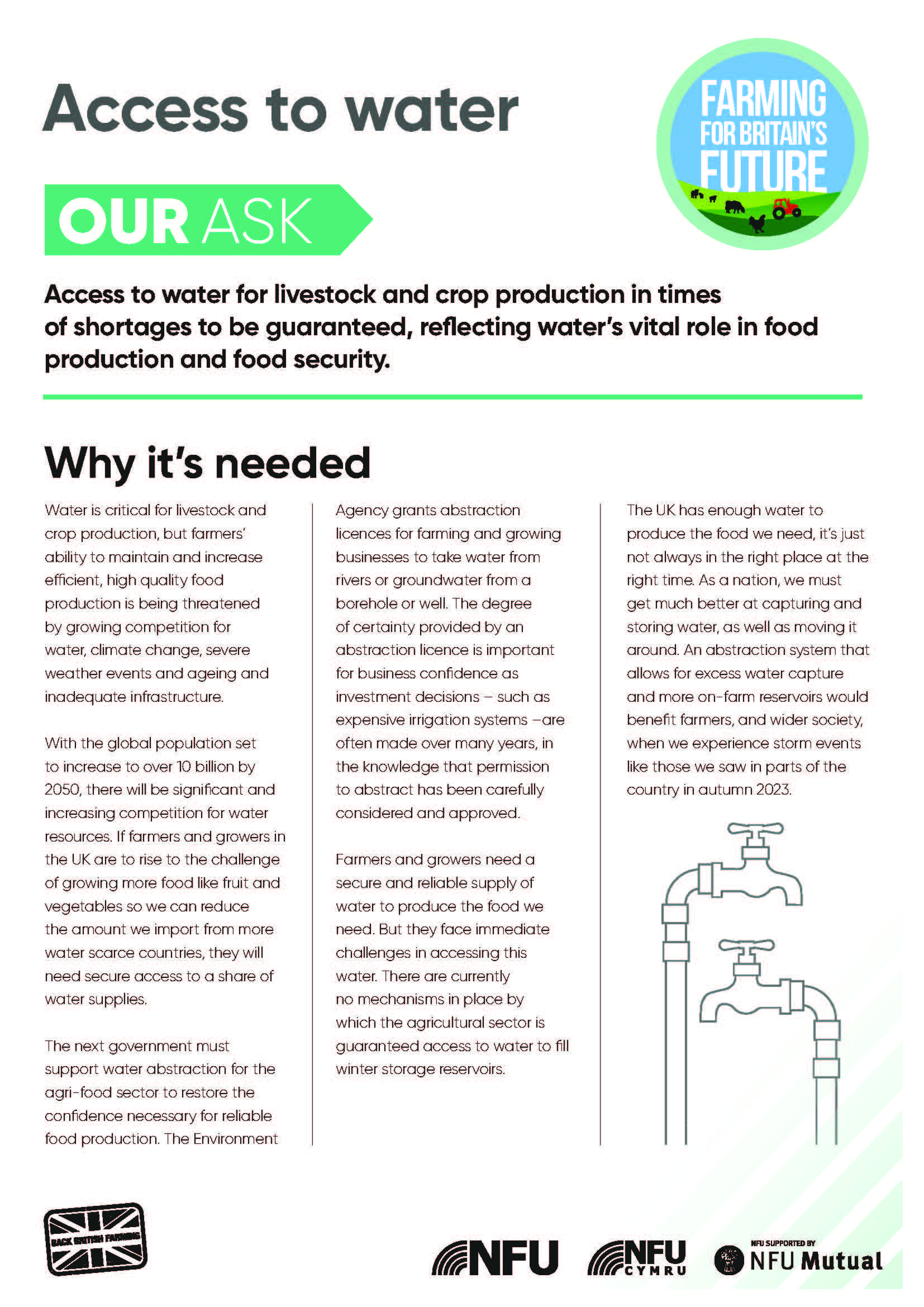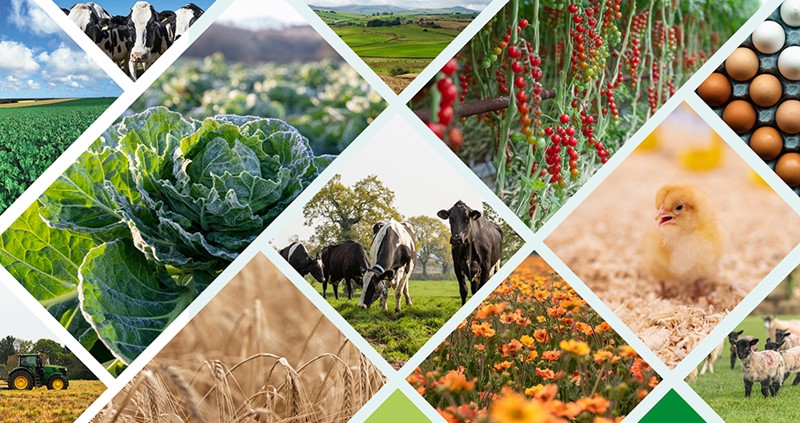Totalling just under £7 million in funding, these pilots, in combination with projects exploring paludiculture, socioeconomics, and wider research and development, will support the Defra lowland agricultural peat policy team in investigating the rewetting of peat, and in which areas of lowland peat it is possible and appropriate to do this.
Defra recognises that farmers and landowners will wish to undertake a mixed land management regime that includes wetter farming, paludiculture, peat restoration and continued traditional farming.
This work forms part of the government’s ambitions to realise the recommendations put forward by the Lowland Agricultural Peat Task Force’s report published in June last year.
The report outlining 14 recommendations to address peat degradation covering:
- water for peat
- more water-level management control
- enabling more sustainable ways of farming on peat soils
- supporting people, partnerships and economies and
- driving forward science and innovation.
Lowland agricultural peat water for peat pilots 2024
Each of the Lowland agricultural peat water discovery pilot projects vary in ambition and have been designed to understand how water could be managed to enable the re wetting of lowland peat.
Lowland agricultural peat water discovery pilot
This pilot is delivered by the Environment Agency. Thirteen projects have been allocated a collective £3.1 million to support local partnerships in gaining an understanding of how water can be managed to rewet and preserve peat soils across local landscapes and collaborate the develop costed water plans.
| NFU Region | Number of projects | Total funding requested for projects |
| North | 7 | £1,313,954.38 |
| East | 3 | £727,302.67 |
| South | 2 | £661,383.22 |
| Midlands | 1 | £415,033 |
Fenland SOIL in Cambridgeshire has been awarded a total of £499,657 for supporting their ambitions to explore:
- lowland peat emissions mitigatio
- conducting a case study on Pig Water
- understanding soil hydraulics
- capturing topographical data in two drainage districts, and
- assessing the role of ditches and reservoirs in biodiversity.
Vale of Pickering IDB, in Yorkshire, has been allocated £160,000 to enhance water management through the River Hertford Water Level Management Plan.
This initiative aims to improve catchment understanding and assess necessary changes in IDB operations, particularly if re-wetting peatlands is pursued, running in parallel with a lowland agricultural peat small infrastructure pilot funded project.
Lowland agricultural peat small infrastructure pilot
Supported by the ADA (Association of Drainage Authorities), 21 projects will be undertaken supporting the installation of infrastructure and monitoring technology, enabling greater control of water levels and supporting the preservation and rewetting of lowland peat. The total funding for this pilot is £3.8 million.
| NFU Region | Number of projects | Total funding requested for projects |
| North | 2 | £489,525.66 |
| East | 11 | £2,049,178.62 |
| South | 3 | £548,111.10 |
| Midlands | 5 | £1,065,975.06 |
The NFU is supportive of the evidence being developed as part of this work, focusing on the complexities of rewetting of lowland peat and reducing emissions, especially given the need to balance the protection of peat with sustainable British food production.
Agriculture and lowland peat
Lowland peatlands provide some of the country’s most fertile soils which play a vital role in producing food for our nation. For example, the Fens covers less than 4% of England’s farmed area but produces more than 7% of England’s total agricultural production. However, centuries of draining these areas to support agriculture has led to some peat soils being degraded; these soils emit more than 9 million tonnes of greenhouse gas emissions each year.
Robert Caudwell, who is a former NFU council delegate and currently chairs the ADA (Association of Drainage Authorities), chaired the taskforce, which explored how lowland agricultural peatlands can be better managed to safeguard productive agriculture as well as contributing to the government’s net zero by 2050 target.
Balancing soil protection and food production
Following the launch of the 2023 Lowland Agricultural Peat Task Force’s report, NFU Environment Forum chair Richard Bramley welcomed the recognition of the need to balance soil protection with sustainable food production, in addition to its acknowledgement of “the complexities of re-wetting of lowland peat to reduce carbon emissions”.
The report’s recommendations include:
- New investment in water storage, management and control
- Public money for wetter modes of farming on peat soils
- Technical advice on keeping peat soils wetter
- Creating viable opportunities in private finance
- Raising the profile of lowland agricultural peat soils
- Adopting the task force’s roadmap to commercially viable paludiculture (farming on rewetted peat)
“It is crucial that farmers and land managers are included in any local decisions on lowland peat management.”
NFU Environment Forum chair Richard Bramley
More detail needed
“It is crucial that farmers and land managers are included in any local decisions on lowland peat management, especially those which involve raising water levels,” said Richard.
“We need more detail about whether the new funding announced for the installation of infrastructure and monitoring technology, to allow more control of water levels for lowland peat, may also deliver parallel benefits for food production, as water is essential for food.”
Mr Caudwell has said he feels “confident that the work that is already underway will give farmers opportunities to develop their businesses and contribute to the challenge of net zero”.
The government has said it will continue to work with Mr Caudwell and will be publishing the new England Peat Map next year.
More from NFUonline:
See our manifesto asks
Our manifesto
Our general election manifesto – Farming for Britain's Future – outlines our key asks of the next government to ensure farmers and growers can continue to deliver for the environment, economy and local communities while producing more of the great British food we all enjoy.



